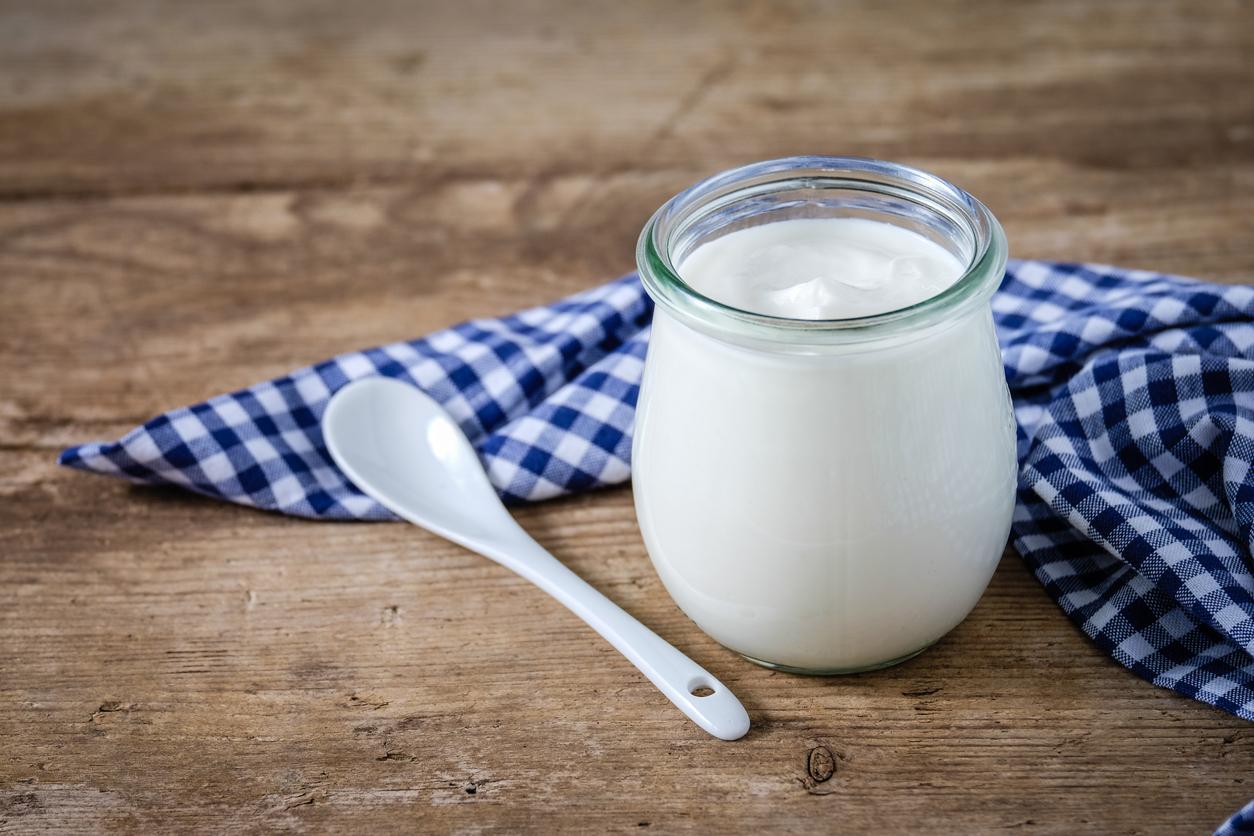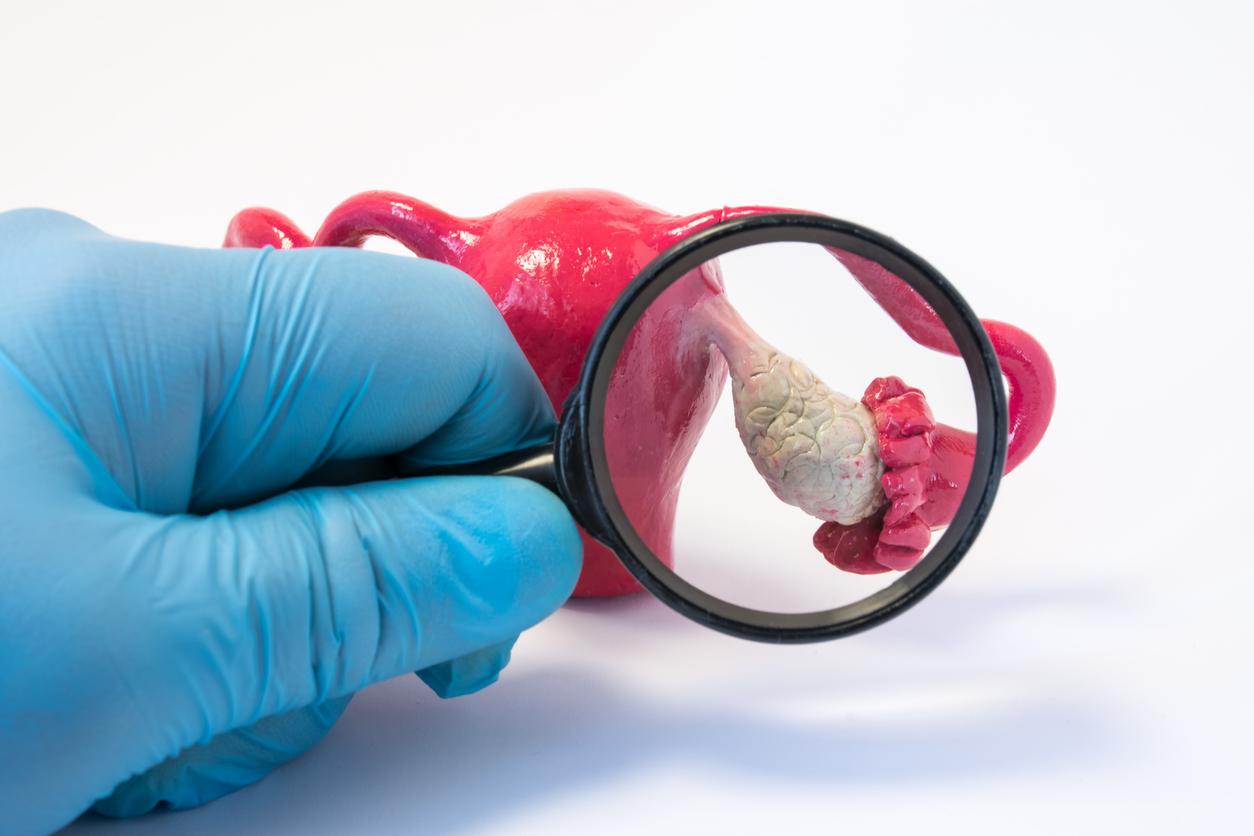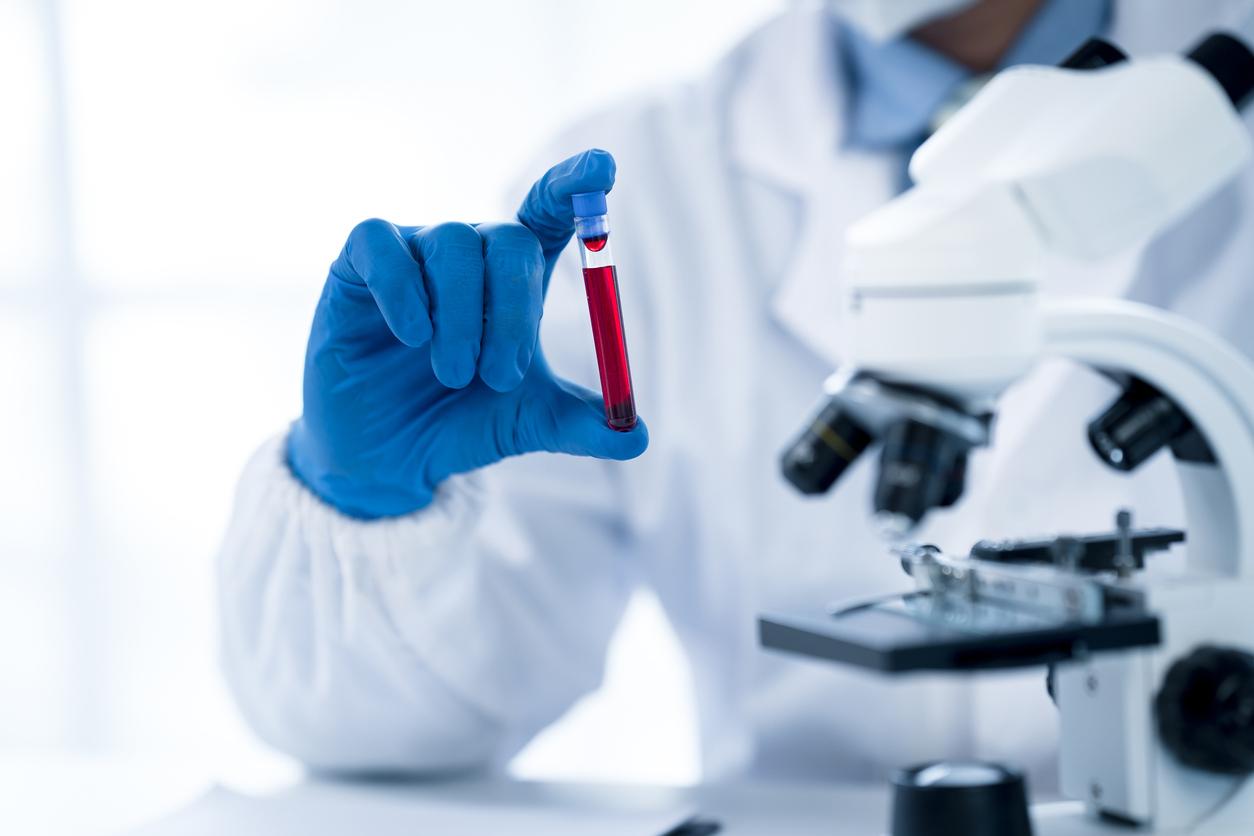
Will everyone get Parkinson’s soon?
Parkinson’s disease is the fastest growing brain disease in the world. According to professor of neurological movement disorders and Parkinson’s expert Bas Bloem, this is partly due to pesticides that we ingest through dairy. In fact, it appears that lifelong use of dairy products puts us at a higher risk of Parkinson’s disease.
Parkinson’s disease is a serious and common brain disease that has a huge impact on daily functioning. You may know Parkinson’s from twitching and stiff muscles, but in addition to those well-known symptoms, there are many more unknown complaints that people suffer from. Such as mood problems, depression, constipation and sleep disorders. You are also more likely to develop dementia.
Environmental pollution and pesticides
The disease can develop through heredity, aging, pollution of the environment and agricultural pesticides in our diet. According to Bloem’s findings, the latter two in particular are the most important causes of Parkinson’s. According to him, the other factors play a smaller role than previously thought.
Wine and cheese
“We now know that winegrowers, for example, have an increased chance of developing this disease,” says Bloem. “The areas in France where a lot of grapes are grown correspond exactly to the areas where Parkinson’s disease is common. So it’s a big problem, and not just for farmers. Because the pesticides find their way into the food chain. We find in wine or in cheese, for example. The lifelong use of milk products causes an increased risk of getting Parkinson’s, “says Bloem.
How can we get Parkinson’s through diet?
In a board of Radboudumc he explains how pesticides can invade and destroy our brains. For example, he says that if you give a mouse a pesticide, it affects exactly the area in the brain – the so-called substantia nigra (‘black matter’) – that causes Parkinson’s. The substantia nigra produces dopamine in healthy people, but decreases at an accelerated rate in people who develop Parkinson’s. They then struggle with a dopamine deficiency, which causes the disease. As a result, in this case, the mouse develops Parkinson’s symptoms.
In humans this is a bit more complicated. If a pesticide or other contaminant gets into your body, it can damage the nerve cells in your gut. Bloem explains: “That damage can then spread like wildfire: one cell can ‘infect’ the next cell, which then also breaks down. It is important to know that there is a long nerve running through the body that connects your gut to your brain. It’s like a highway along which the infection can spread and eventually get to the brain. Once that happens, you see patients start to show the characteristic physical symptoms, such as trembling or slowness of movement.”
Good news about Parkinson’s
There is also good news: Parkinson’s disease is increasingly treatable and may even be delayed or prevented in the future. This requires fundamental research. What can we do ourselves until then? According to Bloem, not all of us will get Parkinson’s, but we do have to work on that. He says: “We have to get rid of all those toxic substances and get to work cleaning the environment.” Our tip: limit the amount of pesticides you ingest. Eat organic or wash your fruit and vegetables well in advance.
Sources):
-
- ad.nl
















